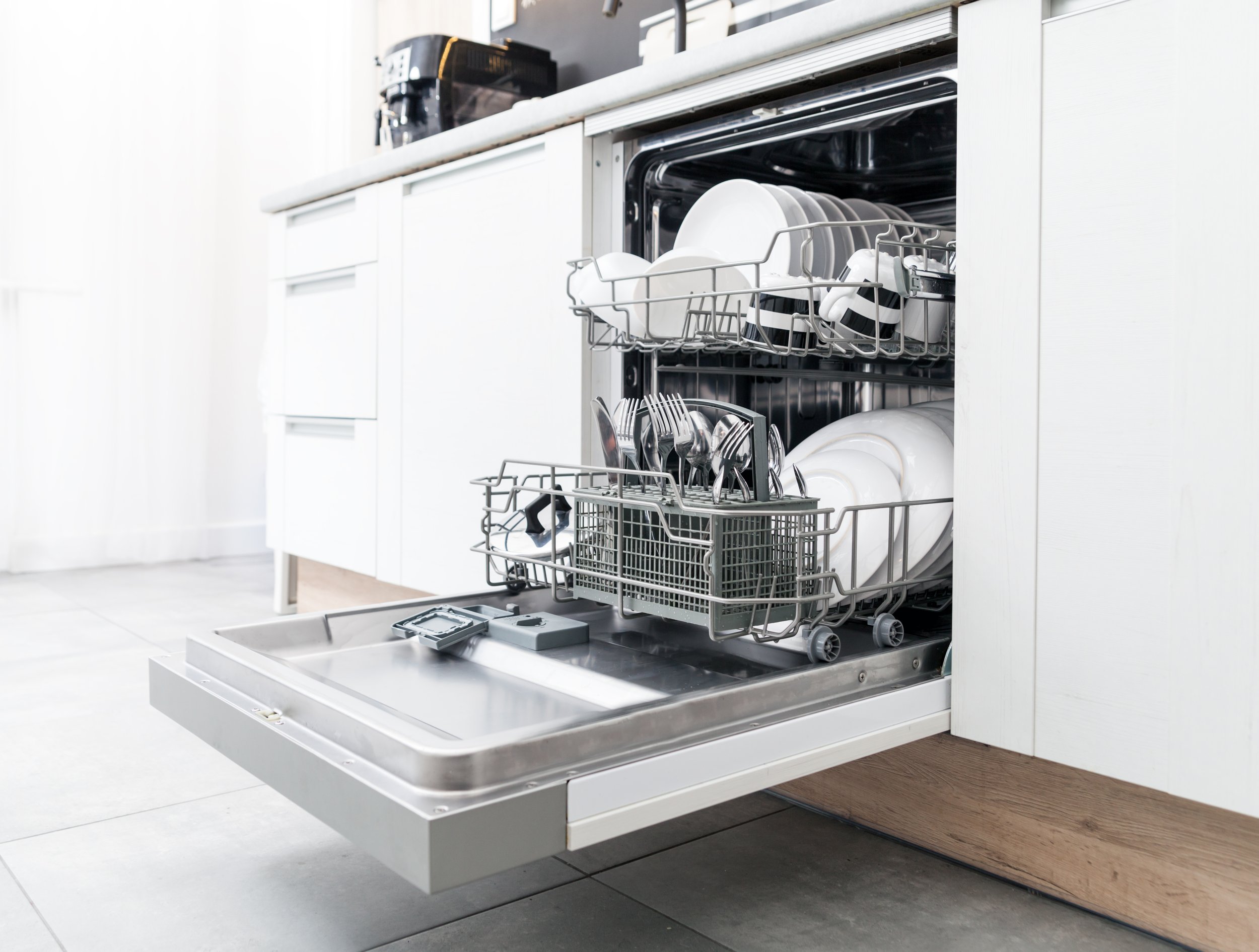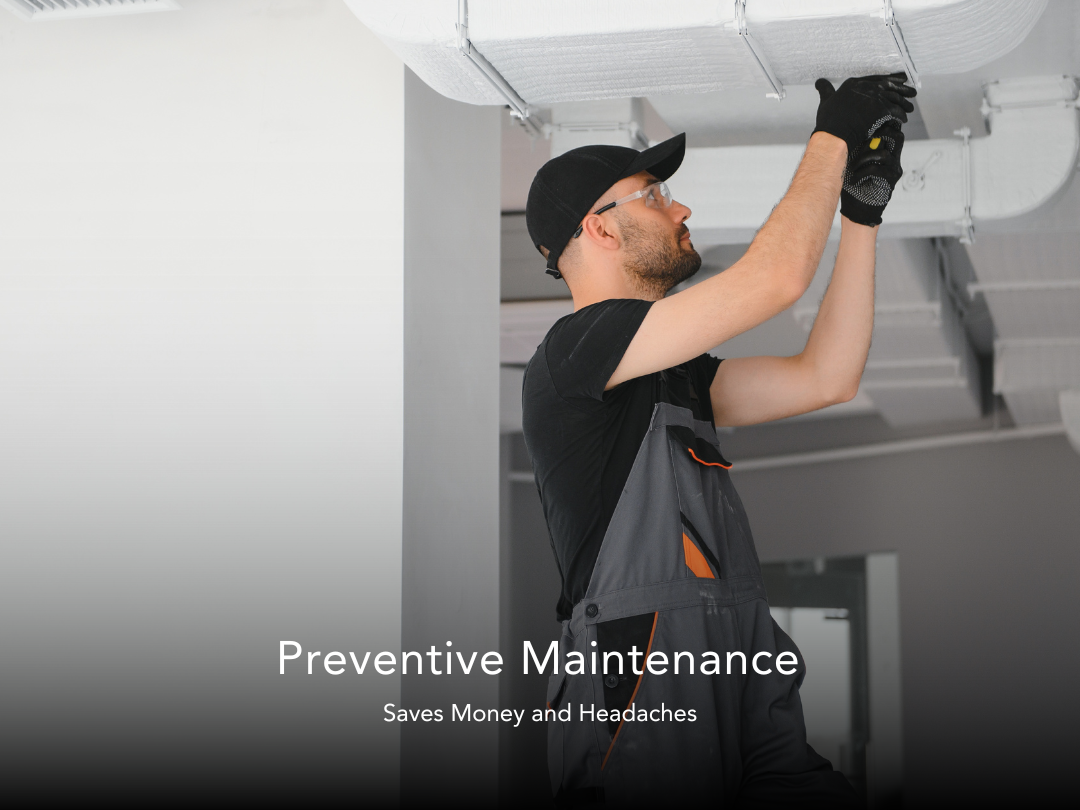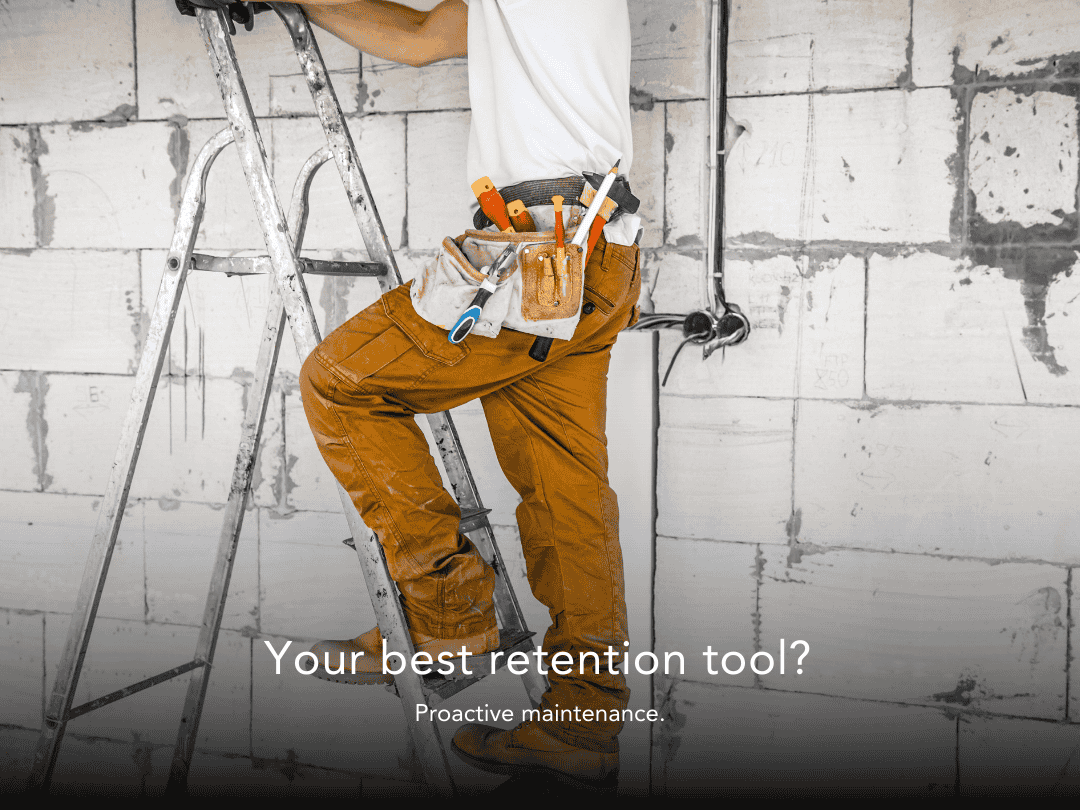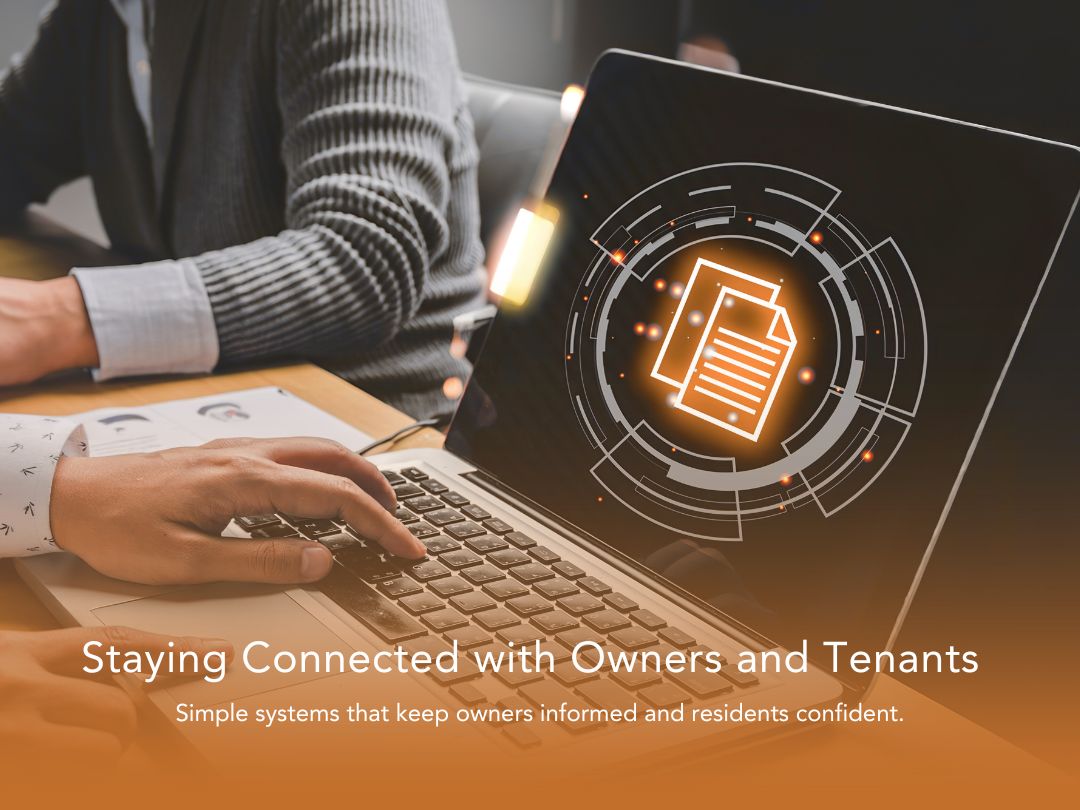Here are some steps you can try:
Check for obstructions: The first thing you should do is check the dishwasher for any obstructions that may be blocking the drain. Remove any food scraps or other debris that may be blocking the drain.
Check the air gap: Many dishwashers have an air gap located on the sink or countertop that prevents backflow from the drain into the dishwasher. If the air gap is clogged, it can prevent the dishwasher from draining properly. Remove the air gap cap and clean out any debris.
Check the drain hose: The drain hose may be clogged or kinked, preventing water from draining out of the dishwasher. Check to make sure the drain hose is not kinked or obstructed in any way. If it is, try straightening it out or removing any obstructions.
Check the garbage disposal: If your dishwasher is connected to a garbage disposal, make sure it is not clogged. Run the garbage disposal to clear any debris that may be blocking the drain.
Run a cycle with vinegar: Sometimes, a buildup of grease or mineral deposits can cause the dishwasher to drain slowly or not at all. Run a cycle with white vinegar to help break up any buildup and clean out the drain.
Check the pump: If none of these steps solve the problem, the issue may be with the dishwasher's pump. In this case, it's best to contact a professional technician to diagnose and repair the problem.
Remember, before attempting any repairs on your dishwasher, make sure the power is turned off and the unit is unplugged to prevent any potential electric shock.
Technology is part of every aspect that touches our everyday lives. There’s no escaping it; we all have mobile phones and computers and a wide range of electronic devices that are pretty intuitive to what we need and want.
Stop surprise repairs with a simple, seasonal plan. Set clear response times, log fixes, and keep small issues from growing and repair budget steady.
When managing rental properties, efficient property maintenance is key to providing a positive experience for landlords and tenants. Timely and effective repairs not only keep the property in top condition and contribute to tenant satisfaction and retention.
Winter brings a predictable dip in renter activity, but it does not have to sink results. Here is how to navigate the season, sharpen marketing, and use incentives wisely.
Communication is the backbone of property management. Owners want clarity on performance and cash flow. Residents want quick answers and visible progress on requests. The right mix of tools and habits turns communication from a pain point into an advantage.
Busy days calm down when the right tools do the heavy lifting. Here’s how our stack speeds leasing, maintenance, payments, and reporting without adding noise.
Property management is an economic engine in Boise. From steady housing supply to vendor jobs and safer, well-kept neighborhoods, the ripple effects touch residents, owners, and local businesses.
The right software won’t run your business for you, but it will clear roadblocks: rent gets paid on time, work orders stop slipping, and your books match reality. Here’s a straightforward way to evaluate options if you manage rentals in Boise and the Treasure Valley.
Dive into the future of property management in Boise, Idaho, and discover how technology is reshaping the industry. Learn how to leverage the latest trends to future-proof your business, improve tenant satisfaction, and stay ahead of the competition.
A year-round approach to pricing, amenities, maintenance, and communication that reduces vacancy and grows resident satisfaction.
Boise’s seasons change—your playbook can stay simple. Prep the property, plan your leasing moves, and communicate clearly with residents. Use this quick guide to keep cash flow steady from winter to fall.
Learn key factors to consider when choosing a property management company, from reputation and communication to legal compliance and technology integration.













